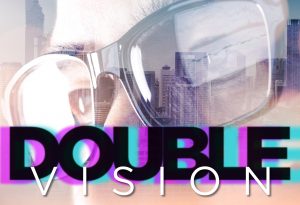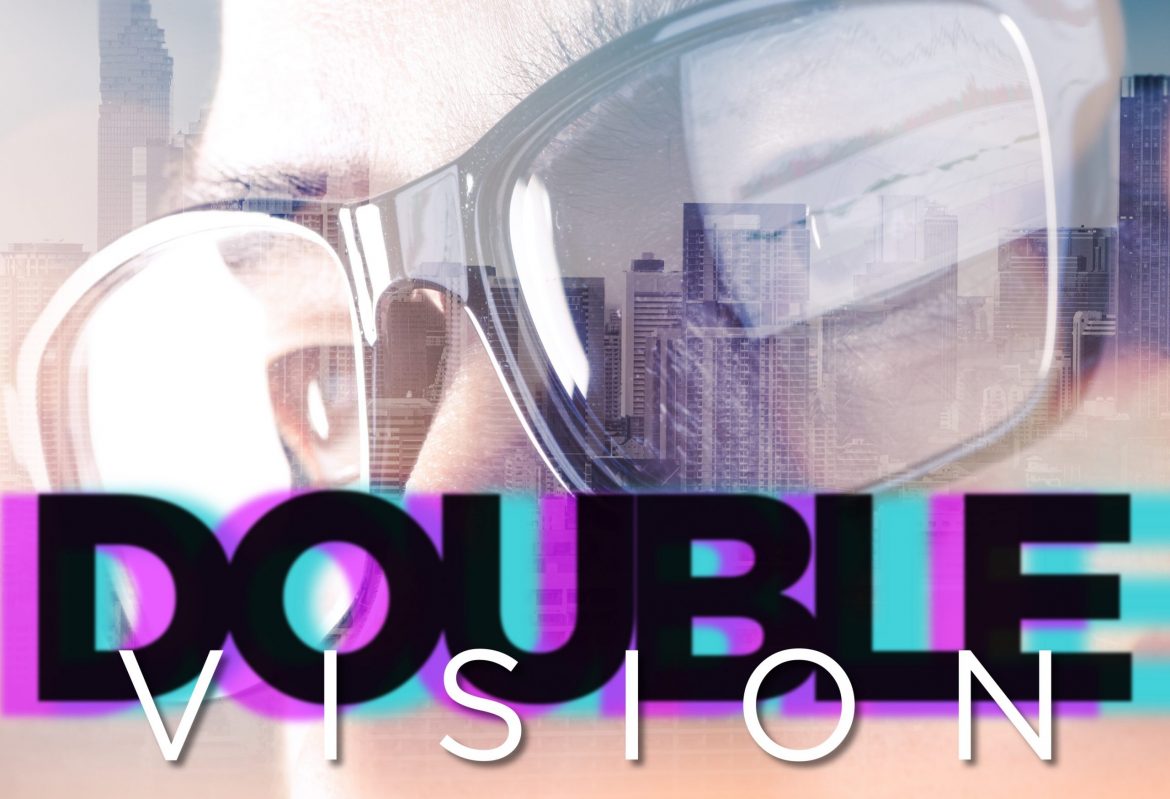![]()
Eyeglasses are typically prescribed for two main reasons:
- astigmatism
- near- or farsightedness
Another common reason is to correct double vision, or diplopia. Read on to understand the warning signs, diagnostics, and whether or not you might be in need of prism correction glasses.
What causes the need for prism correction glasses?
If your eyes are working in accordance with each other, you have what is known as binocular vision. When light passes through the cornea, the dome-shaped tissue lining the outside of the eye helps to focus the light before it reaches the retina, the light-sensitive tissue lining the back surface of the eye.
Light that’s been converted by the cornea is sent to the brain as electrical impulses along the optic nerve to be translated into images. Typically, the eyes work together to see one, single image because light falls on the same spot in each retina.
However, in someone with diplopia, light falls on different parts of the retina, causing two separate images to be seen.
Diplopia is not the only reason for potentially needing prism correction glasses. Other causes include:


